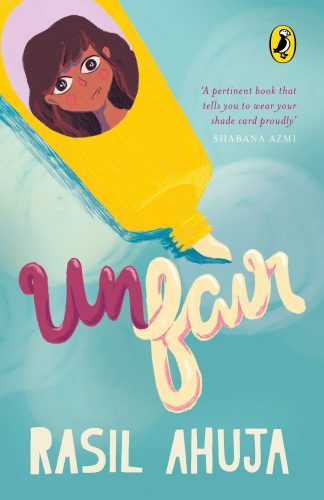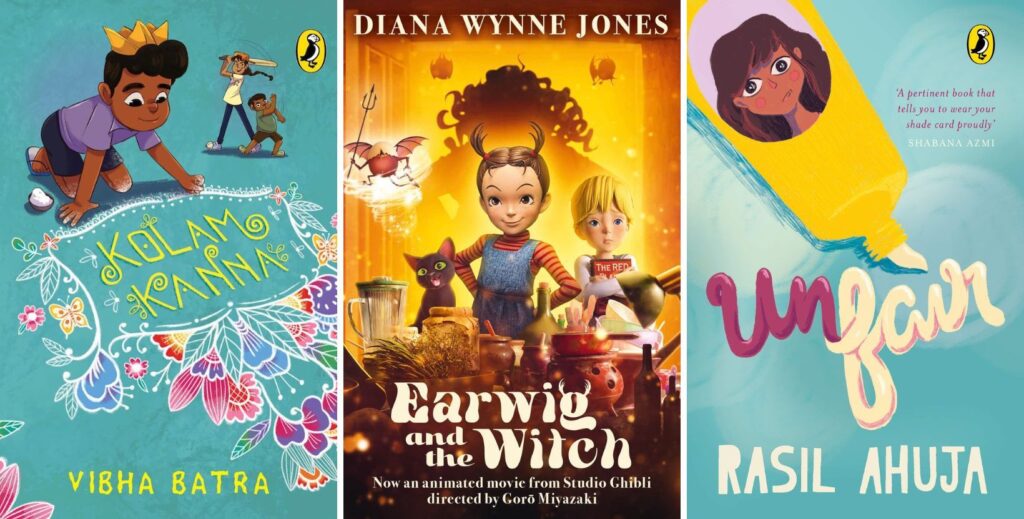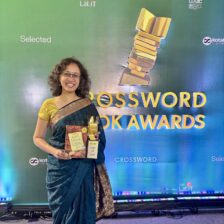I read Unfair quite some time ago, and what I loved most about it is how pacy it is. One chapter just rolls into the next, making it the perfect read for my book club.
From discussing themes to exploring narrative voices and structure, there’s so much I can do with a book like Unfair!

Discrimination
What does discrimination mean?
At my writing programme last year, we worked on writing persuasive speeches, and I was stunned by the kinds of things children write. Two children – one boy and one girl – chose to write about gender equality, and both speeches were powerful in their own ways.
Especially as my reading programme for ages nine and ten has an important creative writing element, we will begin with a discussion on discrimination, and move on to writing persuasive texts on the subject.
Narrative Voices
Unfair employs two narrative voices – Meher’s and Lina’s. How do writers choose a point of view to tell a story? What are the different kinds of narrative voices? We will do a short exercise on changing the narrative voice, exploring how a story changes based simply on who is telling it.
Auditions
I love bringing drama into my reading programmes. I’ve done it with very young children (like when we read Manya Learns to Roar), as well as with older ones. When children learn and recite poetry, they throw themselves into the act and make it a performance to remember!
A story about auditioning for a part in a play is perfect to explore a little bit of drama, elocution and performance!
Join a programme!
REGISTRATIONS ARE NOW CLOSED FOR THIS EDITION OF READ, WRITE, EXPLORE.
New batches begin every alternate month. If you would like to receive email notifications about my programmes, please fill this form. Alternatively, follow me on social media – Facebook, Instagram and Twitter – for regular updates.


Leave a Reply